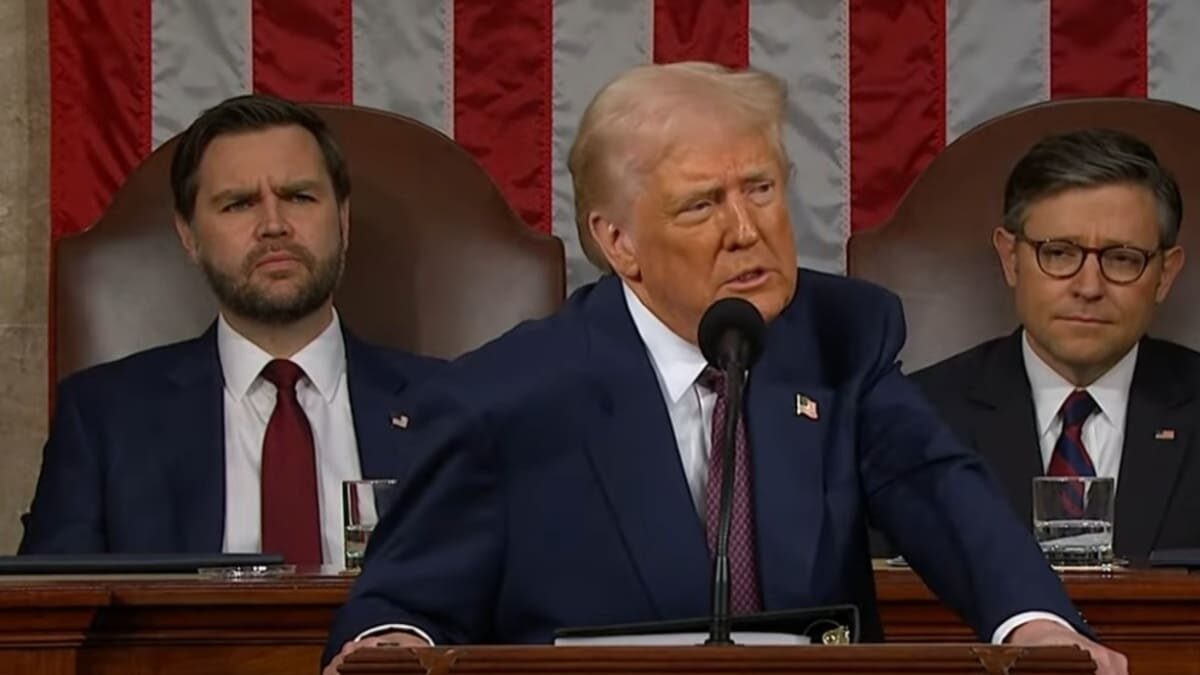China strengthens its ties with Argentine provinces, raising alarm bells in the United States.


Appearing before the US Congress for his confirmation hearing, businessman Peter Lamelas —named by Donald Trump as the future ambassador to Argentina—delivered a stern warning: He defined China as a "malign influence" and questioned the growing economic ties between Argentine provinces and the Asian power . His speech generated widespread condemnation, including from the opposition, the Chinese embassy, Cristina Kirchner , and governors, who called on the Argentine government to block his official appointment.
LAMELAS… or ARGENTINA.
Yesterday we saw and heard Mr. Lamelas… Trump's candidate for the position of US ambassador to our country, saying that he's coming to Argentina to "monitor the governors," to "stop agreements with China," and… (so that no one is left out…)
Lamelas hinted that provincial agreements could lead to corruption, noting, " Argentine provinces can negotiate with external forces, like the Chinese or others ." His explicit mention of subnational relations angered Beijing and exposed a latent tension: growing Chinese influence within the country, a long-standing concern for Washington.
Despite diplomatic tensions, the economic ties between China and Argentina have continued to expand. In 2024, the Asian giant remained Argentina's second-largest trading partner, with a balance of US$16.35 billion, albeit a slight drop of 6.2% compared to the previous year. Furthermore, China ranked among the three largest issuers of direct investment globally, with US$128.6 billion.
In this context, provinces such as Jujuy, Salta, Catamarca, and Santa Cruz have forged direct agreements with Chinese companies in strategic sectors such as lithium, mining, energy, and telecommunications . The investment surge is a response both to Beijing's interest in key raw materials and to the financial pressure facing provincial governments due to the national government's cuts.
Jujuy accounts for the bulk of lithium investment: there are an estimated seven active projects worth more than US$3.4 billion, with the participation of giants such as Ganfeng. In Salta, the Centenario Ratones and Pozuelos–Pastos Grandes projects stand out, the latter with an investment of nearly US$1 billion. Catamarca, for its part, received more than US$1.17 billion from Zijin Mining for the Tres Quebradas project.
In the south, Shandong Gold acquired parts of Veladero and La Ortiga in San Juan, while in Neuquén, China Potasium is advancing negotiations to exploit a potassium deposit. In addition, there are energy infrastructure projects: 12 wind farms financed with Chinese capital are currently operating in provinces such as Buenos Aires, Chubut, and San Juan.
Santa Cruz is another key province in Beijing's strategy. A fishing plant is planned there, and the construction of a new port is even being considered. Governor Claudio Vidal traveled to China to close agreements related to the textile and coal sectors. In addition, the province of Buenos Aires, along with Ambassador Wang Wei, announced a US$1.25 billion fertilizer plant in Bahía Blanca.
On the technological front, Huawei is actively involved in network and telecommunications deployment. It also collaborates with banks, universities, and renewable energy projects, such as Cauchari. Xiaomi, for its part, is advancing with commercial premises and a presence in the local market.
Faced with Beijing's advance, Washington is reacting with political diplomacy . While China is sending businessmen, the United States is increasing its official visits. The strategy, however, appears to be losing traction in the interior, where the need for direct financing clashes with the cuts imposed by the Javier Milei administration.
The Lamelas episode exposed a phenomenon that is already causing concern at the State Department: the autonomy of Argentine provinces when it comes to signing investment agreements, without centralized control. Although Milei has shown no signs of antagonizing China—he even welcomed the renewal of the currency swap—the lack of a clear policy toward its main geopolitical rival is worrying in Washington.
While Milei attempts to foster a pragmatic relationship with both powers, the new ambassador appointed by Trump embodies a more combative approach. His statements not only strained bilateral relations, but also raised an alarm bell: in a federal country like Argentina, foreign relations no longer operate solely through the Foreign Ministry.
elintransigente




